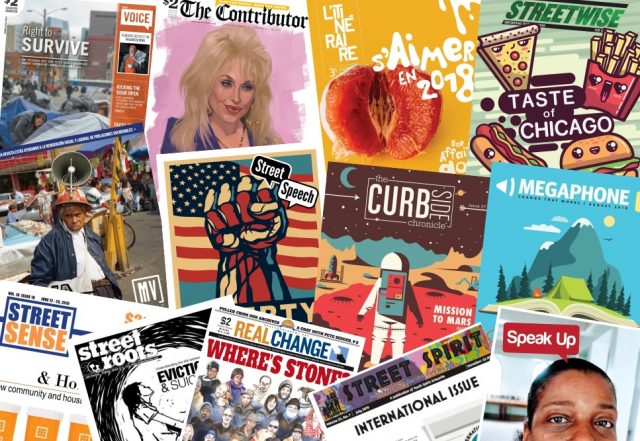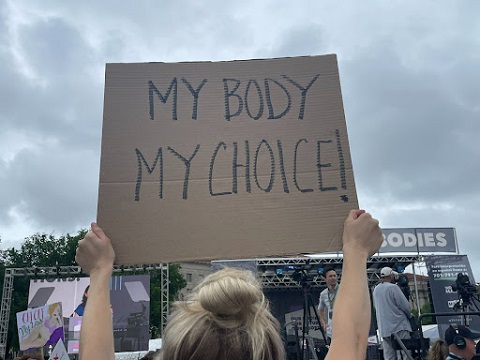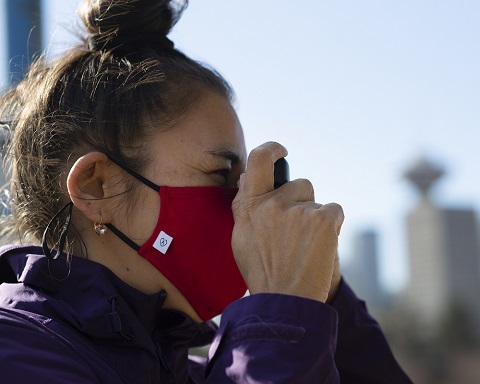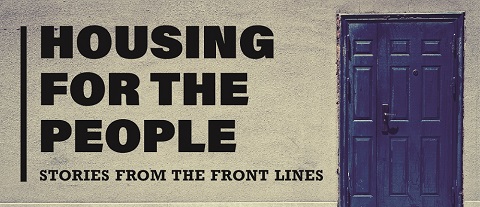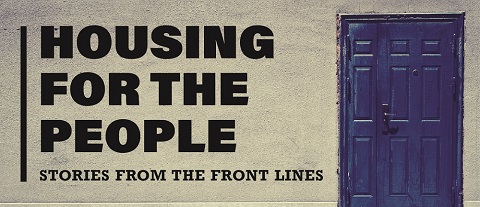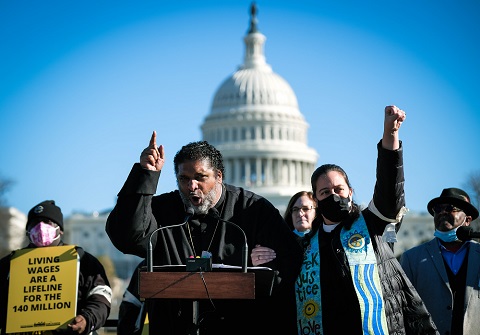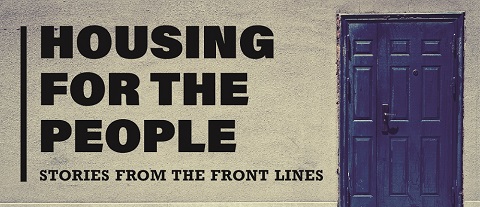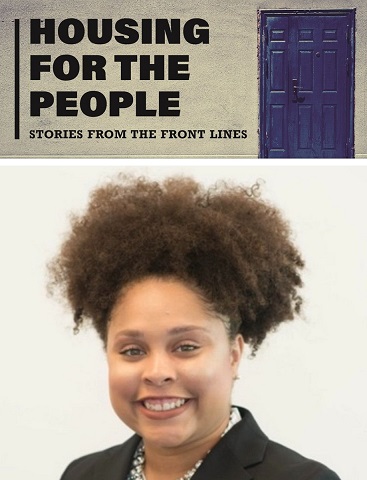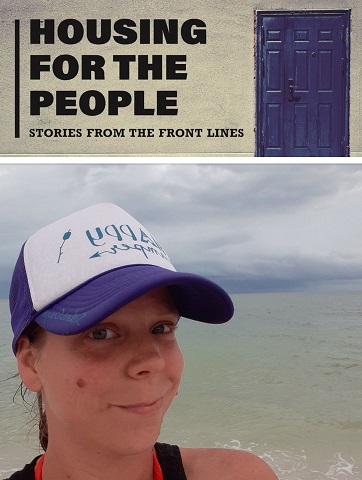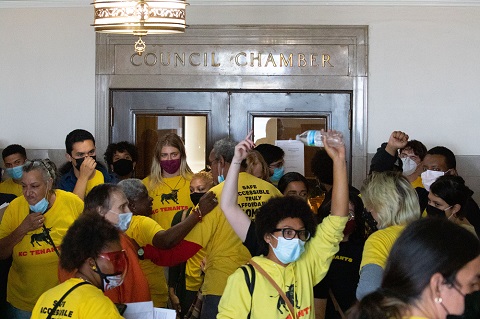By Tim Harris, founding director of Real Change
In these past weeks, King County, Washington, has done more to expand and humanise our shelter system than we’ve seen over the past four years of the “homeless state of emergency.”
We’ve reduced the intolerable overcrowding in our shelters, created capacity to move vulnerable people into hotels, and opened the respite beds that sick homeless people have desperately needed all along.
In a matter of weeks, 1,900 shelter spaces have been created. While most of that simply spreads existing shelter beds over more space to reduce contagion, 95 of those beds are new.
King County has at least 5,000 unsheltered homeless people on any given night. Less than 100 new beds won’t get those people inside, but it’s a start.
Without shelter, people die. We’ve been saying this for more than a decade, and rising rates of homeless mortality in King County have sadly borne this out. It took a pandemic to create the emergency response we’ve needed all along.

Yet, even this relatively swift response falls thousands of beds short.
In February, the Seattle City Council passed legislation that allows for up to 40 sanctioned encampments and tiny house villages to exist in Seattle.
This was in the Before Time, when no one really thought anything like it would ever happen. When words were thought to be enough. Now, the world has changed, and without new shelter, even more people will die.
We need to act like our hair is on fire. You can’t shelter in place when you don’t have shelter.
The community expertise to cheaply produce tiny houses at scale exists. These shelters offer flexible expansion of emergency capacity that doesn’t disappear when the first round of this crisis abates.
Sanctioned encampments allow for social distancing in the context of community, and offer low-barrier alternatives to public camping that homeless people will accept. If we want to stop people from camping on our sidewalks and greenbelts, we need to offer better places to go.
The coronavirus crisis is not going away anytime soon. We need to get people off the street now, and keep them sheltered and housed after the worst has passed.
Meanwhile, the closure of public and private restroom facilities has left homeless people with fewer options for personal hygiene than ever. Recent reporting by Erica C. Barnett reveals that many of the public restrooms claimed by the city don’t actually exist.
While many cities are providing portable hand washing stations for homeless people, Seattle has so far failed in this simple step to keep people safe. Despite repeated requests, the city has not even provided the five additional mobile pit stops that were added to the 2020 city budget.
We cannot go one more day without adequate public health interventions for our unhoused neighbours. Real Change has initiated an online petition to open all available city restrooms, provide public hand washing stations and immediately activate the Mobile Pit Stop strategy.
It has often been said that a society is best judged by how we treat our most vulnerable. Since Real Change began more than 25 years ago, we have seen the number of homeless people triple and the rate of unsheltered homelessness nearly double.
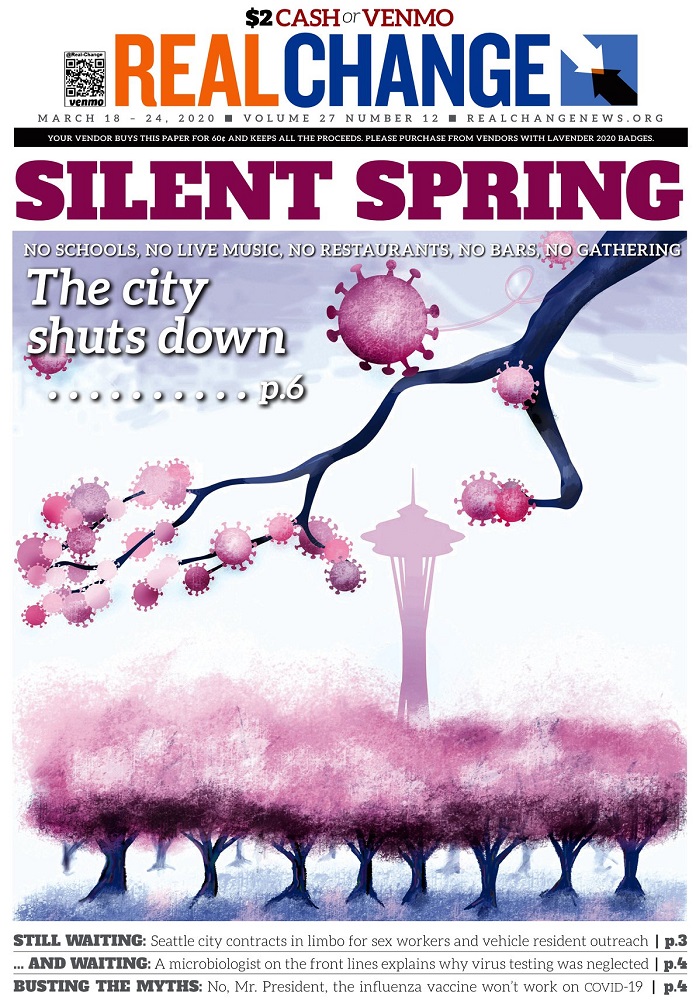
This tragic reality has unfolded over time. A 7 per cent increase here, a 19 per cent increase there. We have, all pious words aside, gradually accommodated ourselves to the unacceptable.
We have failed the test of a moral society.
A region that leaves 5,000 people on the street each night is neither just nor compassionate. A city that won’t provide the means for our most vulnerable to simply wash their hands is failing us all.
In November 2015, when a homeless state of emergency was first declared, the mayor called for all city residents to have access to shelter. Those were just words.
We have the opportunity to build a future where everyone has their basic survival needs met, even after the coronavirus crisis has passed.
Without shelter, people die. The time for urgent action is now.




